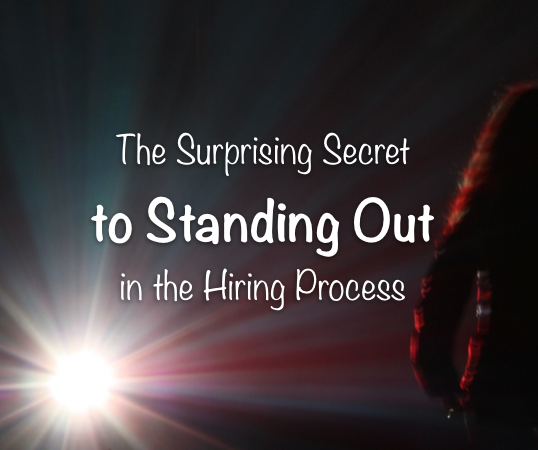4 Strategies Every Professional Should Steal from Content Marketers to Establish Expertise and Earn More
/You have a personal brand. You have a platform. You have the opportunity to lead others. You have the opportunity to shape your own career opportunities by strategically creating content. Wait, what? That last one? That’s not just for marketers?
Definitely not.
Whether you’re a marketer or not, you can use strategies that content marketers use on the daily to set yourself apart from competition, establish yourself as an authority in your field, and subtly remind your network that not only is this what you do for a living, it’s a passion, and anyone would be lucky to get work with you. And what are the benefits of being seen as an expert in your field?
You can:
be more selective with clients and projects
charge more
increase your potential to impact people in new ways (think speaking, writing, being asked to contribute to special projects and opportunities)
A huge way you can set yourself apart as an expert in your field is to implement content marketing strategies. Here are four strategies you should be stealing from content marketers right now.
Strategies Every Professional Should Steal from Content Marketers
Riff on something that is happening in the news cycle. Jump into the conversations people are already having and offer insight. Imagine you are in advertising and it’s the day after the Super Bowl. What do you do? You should share your take on the best and worst Super Bowl ads. This is a way to flex your expertise, contribute to the conversation, and provide something interesting and informative to others that subtly reminds them that you are an expert on this topic.
Create a piece of content that is clearly educational. This may be an op-ed you contribute to a publication, a three-photo carousel of tips on Instagram, a blog post, a quick how-to video, or even an infographic you put together using a tool like Canva. Epidemiologist Jessica Malaty Rivera is nailing this on Instagram right now. Strengthen your brand as a subject matter expert by creating content that serves your audience and helps them better understand something that you already have expertise in. Try to make it actionable and easy to digest.
Be a content curator. Share content that you found helpful and informative. You can curate content for your specific audience and pull from other authorities. Author Daniel Pink does this really well on Twitter. He shares a link to an informative article and then includes a few sentences synthesizing the most important takeaways.
Be a connector. Introduce your network to other authoritative voices that may be helpful to them. You could do this through producing an interview-style podcast or hosting Q&A sessions in a private group on Facebook or an Instagram Live. (I’ve gotten to do this a lot myself as a guest on other podcasts and on my own podcast Hustle & Grace!) There are lots of ways you can connect your audience to voices they may have not previously known. All the while, you are continuing to build your platform, serve your audience, and connect with influential people.
Content marketers have sworn by these strategies for years. Publishing content, speaking into conversations of the moment, and being a community builder are all ways that every professional can engage with their networks, serve them, and grow their careers. So go ahead. Steal these content marketing strategies. I’ll be cheering you on as you do.
Are you ready to up your personal brand and start creating content? Snag the 31-day personal brand challenge to get 31 different ideas to improve your personal brand one day at a time in a handy calendar format.





